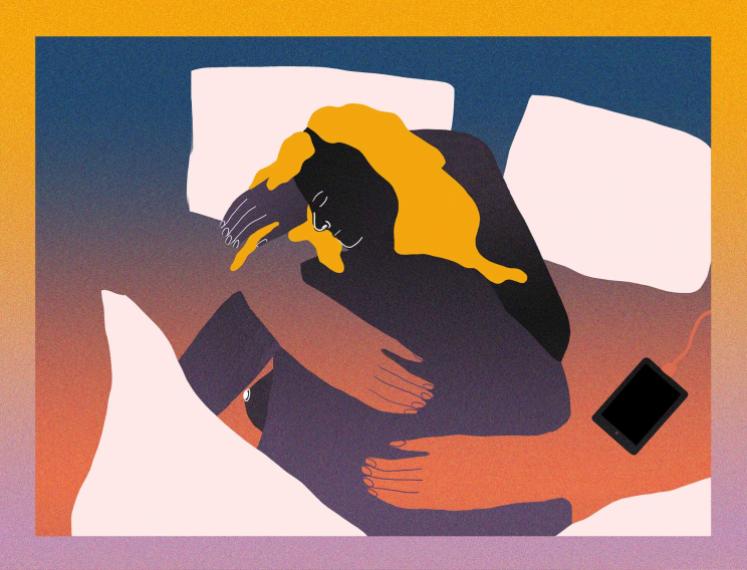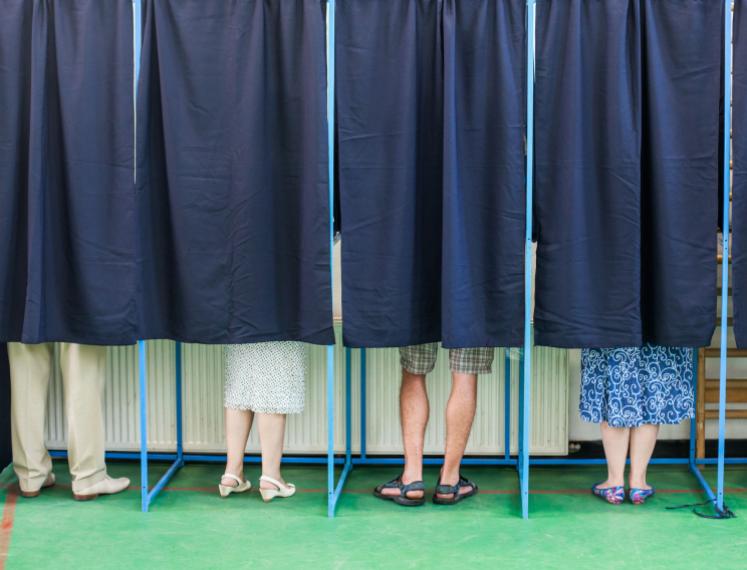Cultural Liberty
On the issue of immigration and integration, a cold wind is blowing in Europe. A lot of opinion leaders and politicians seem to consider immigration synonymous to problems, except when immigrants thoroughly assimilate and reach a state of complete invisibility. The possibilities for immigrants to speak their own language or to enjoy their own culture and religion have diminished drastically.
Contrary to this atmosphere, the Human Development Report 2004: Cultural Liberty in Today’s Diverse World of the United Nations was written. This annual ‘monitor’ of the UN-development organization UNDP has put the issue of cultural liberty on the agenda. It claims that cultural liberty is as important as economic and political liberty: they are all necessary conditions for development. The report calls upon nations to pay attention to the development of “multicultural policies that recognize differences, champion diversity and promote cultural freedoms, so that all people can choose to speak their language, practice their religion, and participate in shaping their culture - so that all people can choose to be who they are.”
The Human Development Report - to which Nobelprizewinner Amartya Sen contributed - advocates multiculturalism and fights the dominant ‘cultural conservatism’. Cultural liberty and respect for one’s cultural identity are, according to the report, inextricably bound up with human development. Cultural liberty needs to be enlarged to find the road to stability, democracy and development.
No surprise, the report has met severe criticism. Paul Schnabel of the Dutch Sociaal en Cultureel Planbureau for instance, thinks the UNDP is naive and outdated. Emmanuel de Kadt, the only Dutch contributor to the report, will give his opinion on the report, and discuss some of the myths that appear to challenge cultural liberty in today's diverse world. He will comment on current issues such as the relation between identity and loyalty, cultural liberty and universal values and between multi-ethnic societies and economic progress. He will pay special attention to so-called coercive movements, which try to regiment people's thinking on the basis of presumably unchallengeable, often religiously inspired, dictates.
Dr. Pieter Boele van Hensbroek, of the Centre for Development Studies of Groningen University, will give the first comment on De Kadt’s lecture.
Prof. Emanuel de Kadt (1933) has been attached to the Institute of Development Studies at the University of Sussex, where he worked successively on health care policy-making, socio-cultural aspects of tourism, and institutional aspects of social policy management. He was also president of EADI - the European Association of Development Research and Training Institutes. He is now Emeritus Professor in the Department of Cultural Anthropology at Utrecht University and is working on issues related to fundamentalism.


